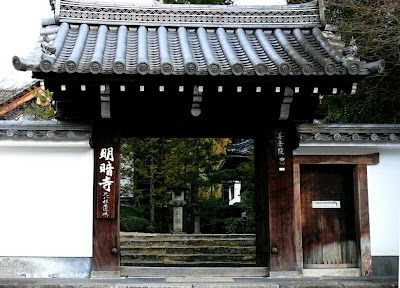Takahashi Ryudo presides over his own school, the Ryudo-Kai in Yamagata and is head mentor of the Garyu-Kai, a society formed to preserve the Fuke (Komuso) shakuhachi tradition.Takahashi learned the entire Fuke repertoire under renowned teacher Uramoto Sekicho.
And now this Google translation:
以自己的吹奏習慣和能力去判斷尺八的好壞, Playing habits and their own ability to judge good or bad Shakuhachi,
那是屬於自己個人的好壞,對此尊重個人。 It is your own personal good or bad, this respect for the individual.
有種高性能的尺八, A kind of high-shakuhachi,
有如一條難馴服的強龍, Difficult to tame like a strong dragon
難調難馴, Difficult to adjust refractory,
我總是駕馭不住牠, I always manage not live it,
但就是有人駕馭得很好, Yet there are people manage very well
表現的異於的出色,勝過其他的尺八, Different from the excellent performance, better than the other shakuhachi,
這個人又是一位專業級的演奏家。 This man is a professional musician.
我駕馭不了它,我不能說牠不好。 I can not control it, I can not say that bad.
因此尺八的不好是相對於自己的能力和習慣。 So bad is relative to the Shakuhachi, their ability and habit.
一條好駕馭溫馴的龍,他抓的住牠, A good control tame the dragon, he was caught living it
個人主觀就認為他是支好尺八, Subjective to think that he is supporting a good shakuhachi,
對於個人的使用,的確是一支好尺八,於以尊重。 For personal use, is indeed a good shakuhachi, in order to respect.
天下凡事的好壞,沒有絕對, The quality of everything the world, there is no absolute,
都是相對的,都是從比較出來的, Are relative, are from the more out of,
對於比較的任何事, For anything more,
也不要過執著, Do not too persistent,
以免陷入〝比較苦〞的陷阱, To avoid getting "more bitter" trap,
Got that? ;-)



















































